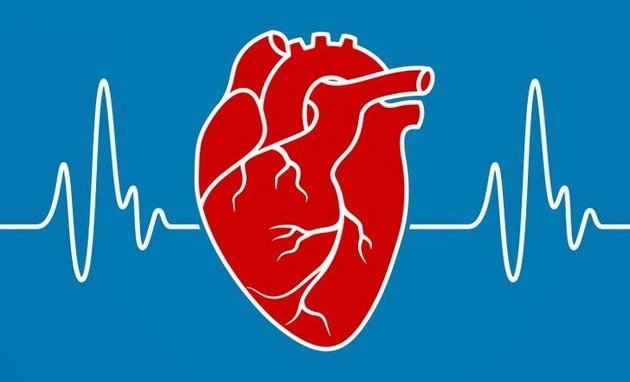If you have symptoms of anemia, such as weakness and fatigue, and you feel cold all the time, you may have some kind of kidney problem.
Kidney problems are common, but many people are not aware of the symptoms they cause, so they do not seek help in time.
Keep in mind that these symptoms do not necessarily mean that you definitely have kidney problems, but if you feel them longer, it is still good to consult a doctor, especially if you have been warned that you are at some risk.
What symptoms should you pay attention to?
Itchy and dry skin
Dry skin and itching can be a sign of kidney problems. Allegedly, these skin problems are caused by the accumulation of phosphorus in the body – the kidneys do not work as they should, so the body accumulates harmful ingredients that would otherwise be expelled.
In some cases, changes in the color of the skin may also occur, i.e. it may become very pale or yellowish.
Symptoms of anemia
Kidney problems can also cause anemia, which is characterized by weakness and fatigue. At the same time, it is possible to feel cold all the time, regardless of the temperature.

Bad breath
There are many causes of bad breath, and one of them is kidney problems. And in this case, the “culprit” is the waste material that is not properly expelled from the body

Swellings
Kidney problems can retain water in the body, causing swelling, most often in the arms and legs.
This retention of fluids in the body can also cause high blood pressure.

Tachycardia
When kidney function is impaired, the volume of blood can change, and this can cause an uneven heartbeat, that is, tachycardia.
The toxins that remain in the body due to the inability of the kidneys to remove them have a similar effect on the heart.

Fever and back pain
Kidney infections can also cause fever.
At the same time, they also cause pain in the lower back, that is, around the area where they are located. The pain can be on both sides or throughout the lower back.

Muscle cramps
Muscle cramps are common in people who have kidney problems. These cramps are believed to be caused by an imbalance of fluids and electrolytes in the body, due to damaged nerves or due to problems with blood flow.
High blood pressure
The kidneys control blood pressure, so when there is a problem, high blood pressure can occur.

All of these symptoms can be caused by something else, so don’t self-diagnose. If you are not feeling well and are concerned about your health, consult your doctor.